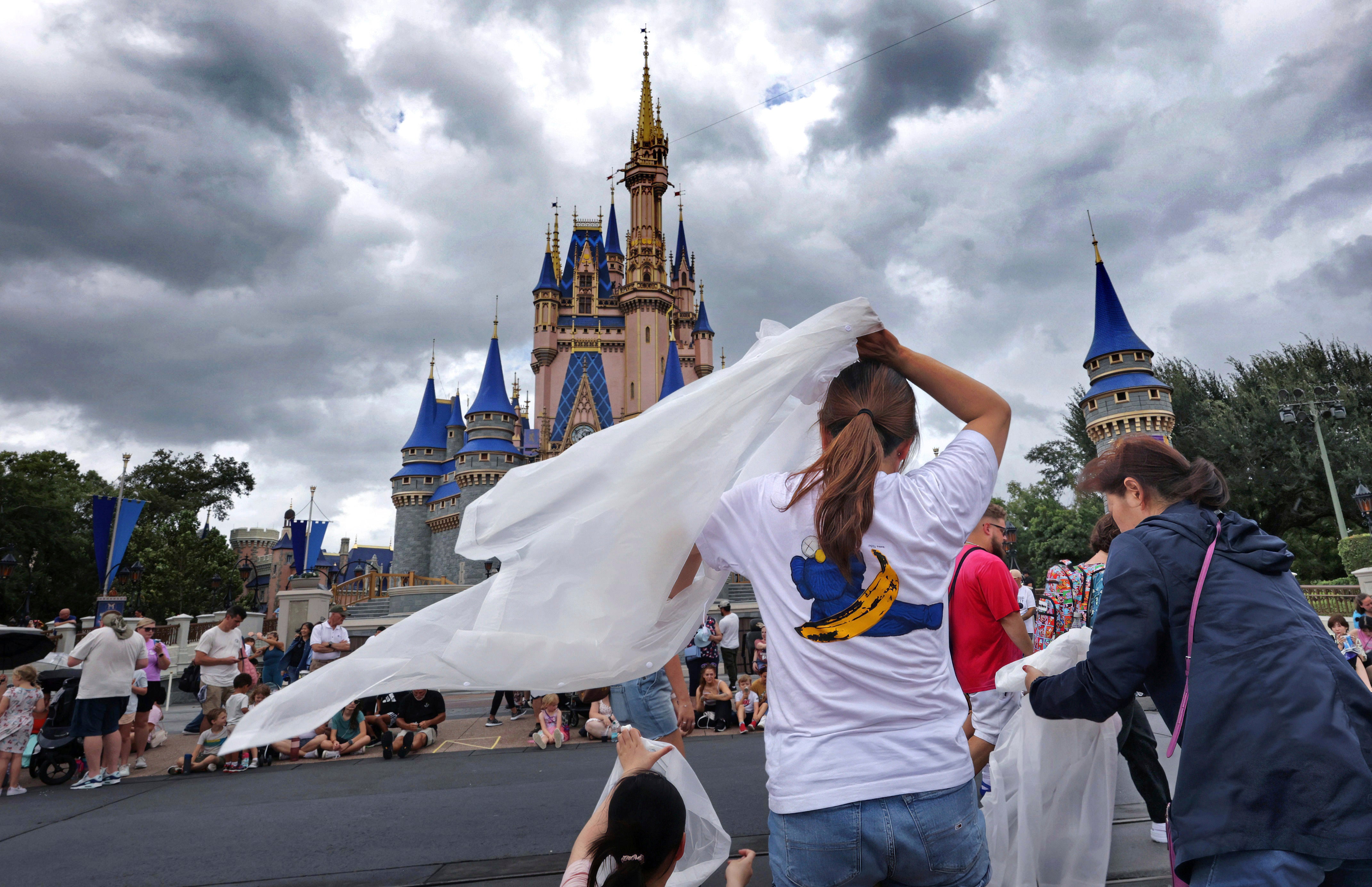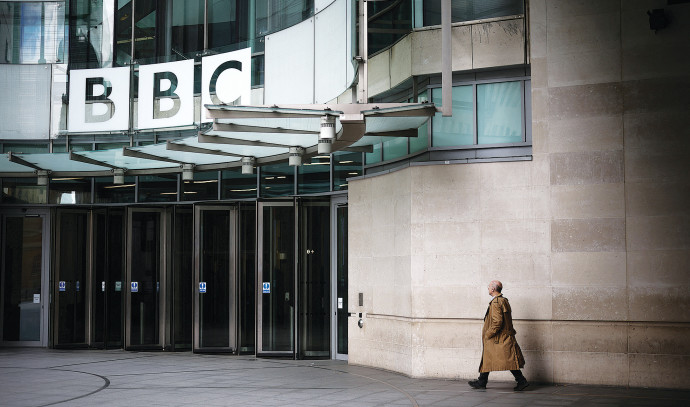
The latest headlines from our reporters across the US sent straight to your inbox each weekday
Your briefing on the latest headlines from across the US
Your briefing on the latest headlines from across the US
A New Jersey couple who were badly hurt in an Uber crash cannot sue the app company because they tapped “I agree” to a forced arbitration clause, a court has ruled.
Georgia and John McGinty were riding in the back seat of an Uber taxi in March 2022 when their driver ran a red light and slammed into the side of another vehicle, according to court documents.
Georgia McGinty, a matrimonial lawyer, suffered multiple broken bones and had to take more than a year off work, while John McGinty needed surgery and a bone graft to fix his fractures.
But on Sep 20, a trio of Garden State appeal judges upheld Uber’s argument that the McGintys had waived the right to the trial when Georgia or her under-18 daughter said yes to a full-screen pop-up in Uber’s sister app Uber Eats presenting them with updated terms and conditions while they were trying to order food.

“You and Uber agree that any dispute, claim or controversy in any way arising out of or relating to your access to or use of the Services at any time... will be settled by binding individual arbitration between you and Uber, and not in a court of law,” the agreement said.
In a statement, the McGintys told Law & Crime that they were “surprised and heartbroken” by the decision.
“We are horrified at what the court’s decision suggests: a large corporation like Uber can avoid being sued in a court of law by injured consumers because of contractual language buried in a dozen-page-long user agreement concerning services unrelated to the one that caused the consumers’ injuries,” the McGintys said.
“Here, the content, format, and presentation – dozens of pages on an iPhone screen during a food delivery order – make it impossible that anyone could understand what rights they were potentially waiving or how drastic the consequences could be.”
It is the latest legal case to draw attention to the use of binding arbitration agreements by major corporations, which the vast majority of consumers are reportedly unaware they have signed.
In August, there was a public outcry over Disney’s attempt to dismiss a wrongful lawsuit from the husband of a woman who died from an extreme allergic reaction to food that company restaurant staff assured her was allergen-free.

Disney’s lawyers had initially argued that the husband could not sue due to an arbitration clause in the terms of service for a free trial of Disney+ that he’d signed up for in 2019.
In the Uber case, the McGintys said in court that they had no memory of seeing the most recent pop-up and believed that it was actually agreed by their daughter as she ordered take-out while the family was busy packing for a ski trip.
A lower court found that Uber’s arbitration cause was unenforceable because it “fail[ed] to clearly and unambiguously inform plaintiff of her waiver of the right to pursue her claims in a judicial forum”.
However, the appeal judges agreed with Uber’s contention that Georgia McGinty delegated authority to her daughter by giving her the phone and allowing her to make an order, and that her age was irrelevant because she had ticked a box saying she was at least 18 years old.

 By The Independent (World News) | Created at 2024-10-02 04:05:24 | Updated at 2024-10-03 02:44:19
22 hours ago
By The Independent (World News) | Created at 2024-10-02 04:05:24 | Updated at 2024-10-03 02:44:19
22 hours ago



